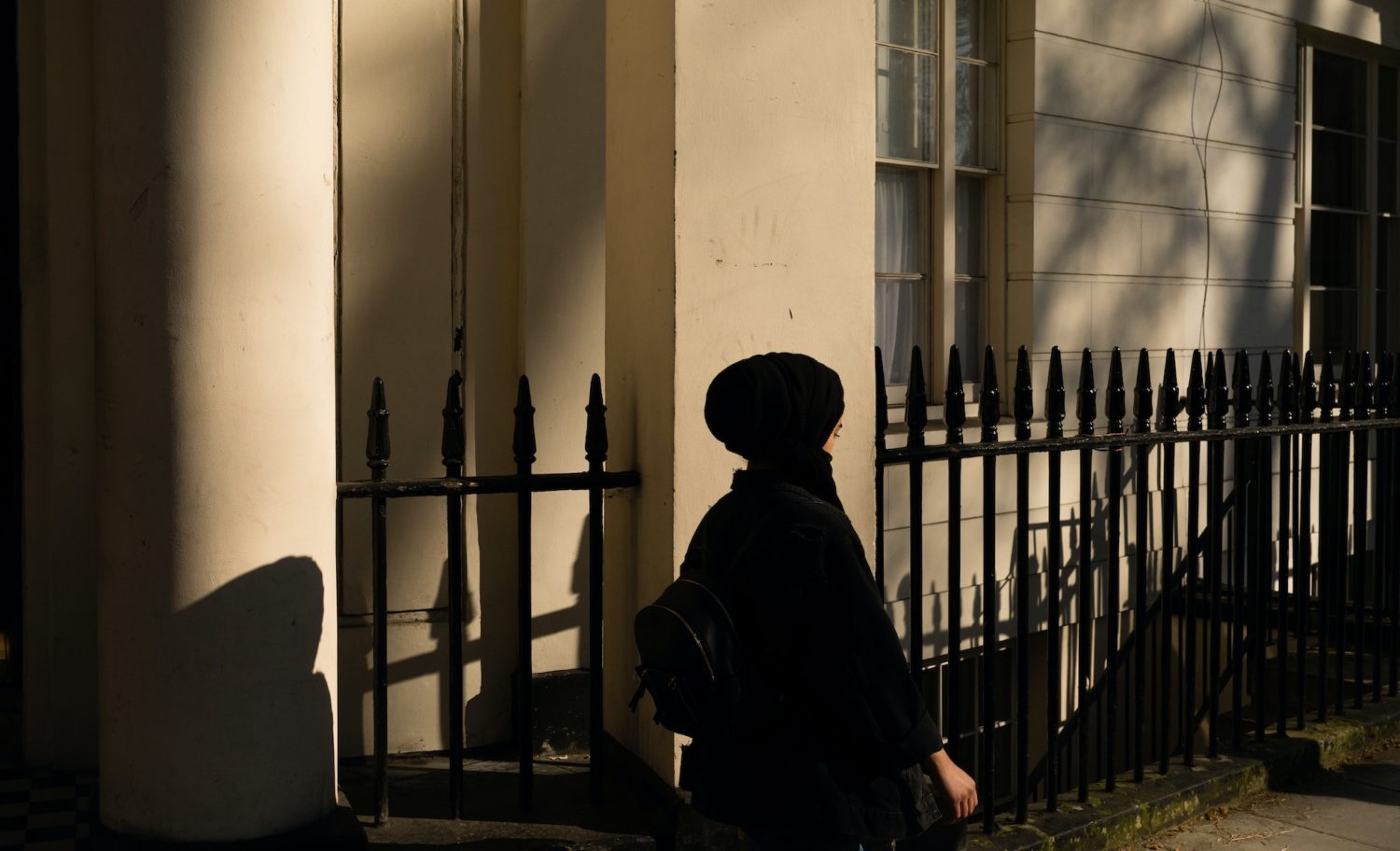Pigeonholed
Ethnic minority councillors are being held back, write Neema Begum and Maria Sobolewska
The Labour party has historically been the leader on ethnic minority representation in politics. Most ethnic minority MPs represent Labour, yet the party’s record on representation in local councils lags.
The pervasive belief that ethnic minority candidates can only represent wards where there is a high ethnic minority population was named by many ethnic minority councillors to be one of the main factors restricting their opportunities.
These new findings are based on an ESRC-funded project at the University of Manchester. We have collected the ethnicity, gender, political party and ward of every local councillor sitting in 2019 in the UK for the first comprehensive picture of diversity in local government. And we conducted almost 100 interviews around Britain with ethnic minority local councillors and white British councillors to investigate barriers to entry, selection, election and serving as a councillor.
We found that the most diverse local areas usually have equal representation of ethnic diversity relative to their populations. But in areas where minority residents amount to under 40 per cent of the local population, underrepresentation is stark.
Our research shows that assumptions are made by parties and selectorates that ethnic minority candidates are a ‘better fit’ for ethnic minority wards, and that ethnic minority voters would favour ethnic minority candidates, while white voters would favour white candidates. In fact, ethnic minority politicians who want to compete for less ethnically diverse wards are not thought to be sufficiently ‘local’ regardless of their place of residence.
Some ethnic minority councillors described feeling they had to be ‘different enough’ in order to appeal to ethnic minority voters but not ‘too different’ to remain palatable to the party. Many reported they did not want to be pigeonholed as only speaking out on race-related issues or penalised for doing so. If they did speak out on issues affecting ethnic minority communities, they were worried they might be seen as only representing ethnic minorities and not their white constituents as well, adding to the problem. Some described having to ‘tone down’ their differences, making sure that they were seen as fitting into a ‘white’ council culture.
The sense of exclusion from certain wards based on ethnicity and race is then reproduced within the council. Leadership and cabinet roles in the council were often seen as dominated by white councillors. Some ethnic minority councillors described being passed over for cabinet positions or responsibilities for certain portfolios, sometimes for white councillors with less experience or less time served as a councillor. Some Muslim councillors felt social events in the council were geared towards drinking and meeting in pubs where they felt less welcome.
This, of course, is only reinforced by the more general experiences of discrimination. Some Muslim councillors recalled their experiences of Islamophobia within the party, council or from residents they represented. This is particularly a problem for Muslim female local councillors, who described being stereotyped as submissive and oppressed, and that they were often working against ingrained stereotypes of Muslim women. Many of the ethnic minority female councillors we interviewed experienced the interaction of racism and sexism. Black female councillors described the racism and sexism they faced; some were mistaken for cleaners and they also faced extreme levels of racist and sexist abuse online, including rape and death threats.
Campaigning for the party also places different demands on different individuals; for ethnic minority members and representatives, it could mean facing racism and sexism on the doorstep.
To tackle this, we need commitment to act from all parties. As a first step, we must increase scrutiny. While there have been increasing calls to tackle racism and sexism at the national level, attention must be paid to the local level.
Better quality data is certainly needed to track progress on ethnic and gender representation at the local level. One option for Labour is to enact and extend section 106 of the 2010 Equality Act to local government. This would mean taking responsibility for collecting and reporting equality data on the party’s candidates and representatives.
Political parties are important gatekeepers who influence selecting candidates for council and funding campaigns. For things to improve, Labour must recognise the distinct experiences of ethnic minority candidates and councillors.
Image credit: Nicola Fioravanti/Unsplash


